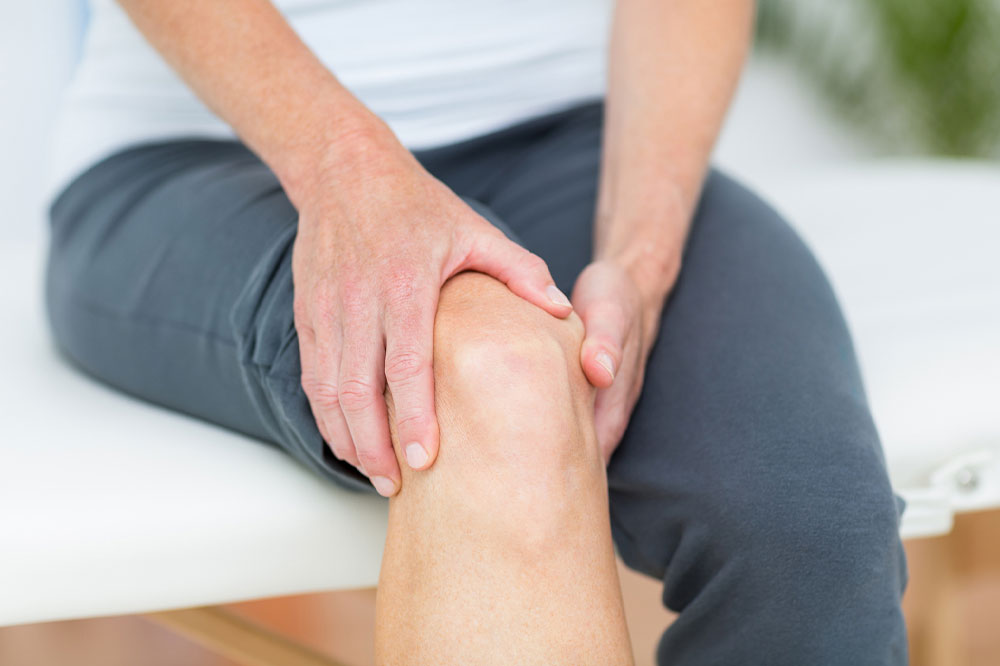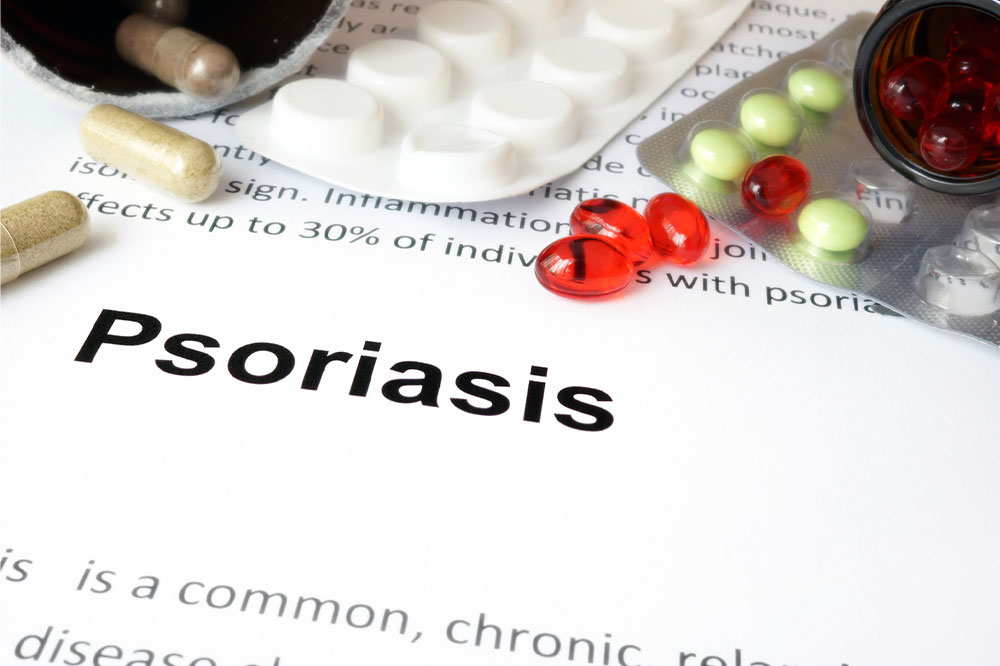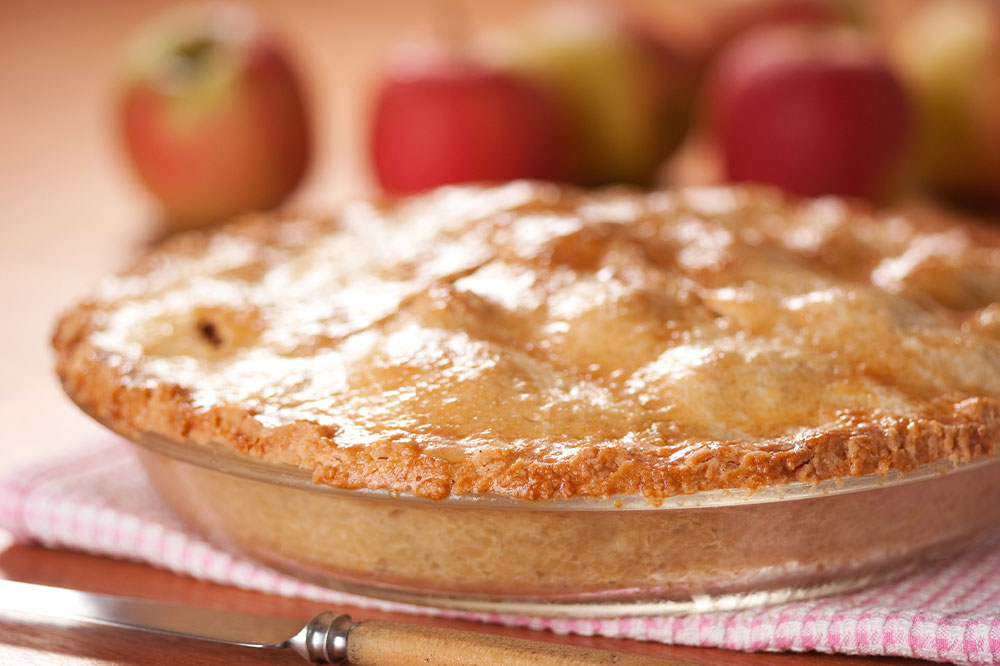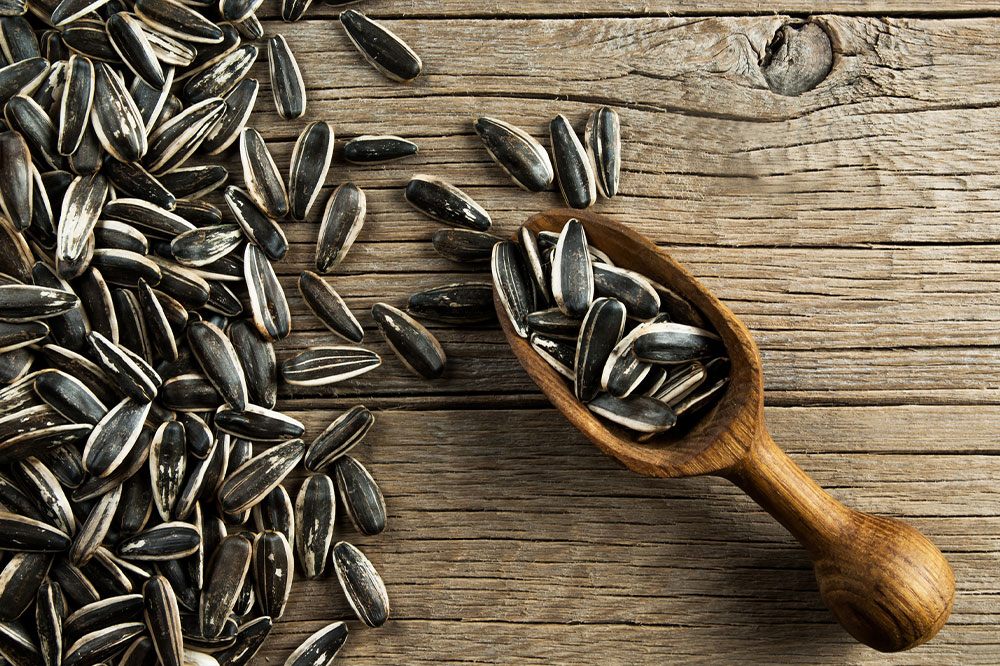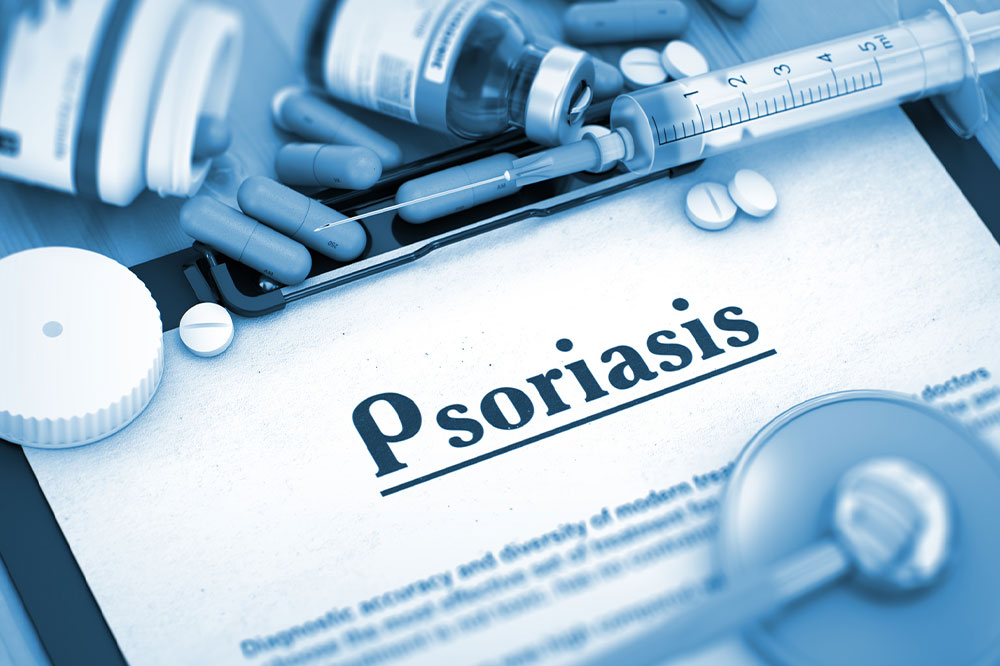
6 common health conditions linked to psoriasis
Psoriasis is one of the most commonly diagnosed skin disorders among adults. It is long-term with no cure and mainly causes rashes, scaly patches, and dry skin that cracks, causing a burning sensation. The skin condition causes inflammation, and these symptoms develop due to the persistent inflammatory responses that destroy healthy skin cells. People diagnosed with this skin disorder also develop one or more of the following conditions linked to psoriasis. Psoriatic arthritis (PsA) PsA is one of the primary conditions linked to psoriasis in many cases. The higher the severity of psoriasis, the greater the chances of developing psoriatic arthritis. According to many studies, PsA goes undiagnosed among 1 in 10 people until the later stages. Type 2 diabetes and hypertension Psoriasis triggers an imbalance in both blood glucose and blood pressure levels. Inflammation, one of the primary symptoms of the skin disorder, has been cited as a reason why comorbidities like diabetes and high blood pressure can develop simultaneously with severe psoriasis. Metabolic disorders Abnormal blood pressure, high blood glucose, and an imbalance in good cholesterol, bad cholesterol, and triglyceride levels increase the prevalence of metabolic syndromes with psoriasis. Cardiovascular diseases Prolonged severe psoriasis can trigger bouts of chronic inflammation.
Read More 
